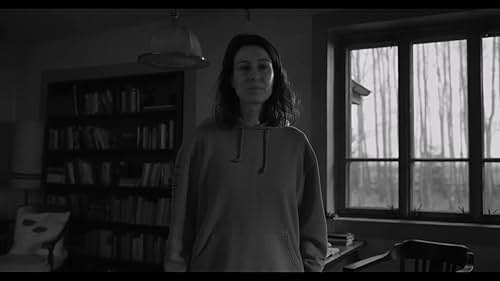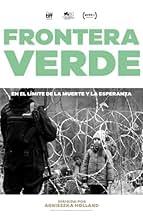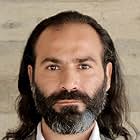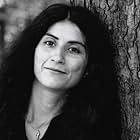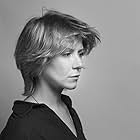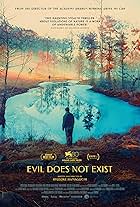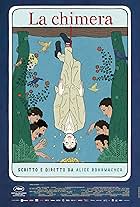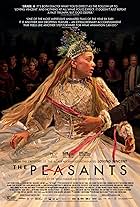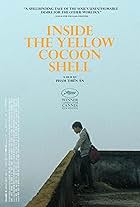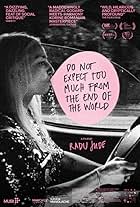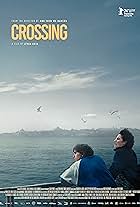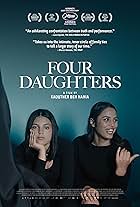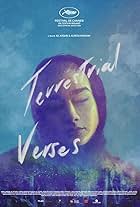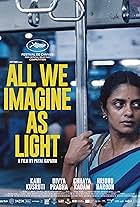Polish director Agnieszka Holland's impassioned examination of the European refugee crisis from her nation's perspective. Holland's film, which she also co-wrote, is a sprawling work which begins by following a family of Syrians who are trying to the EU through Russian dominated Belarus. From there, the movie weaves it way to the Border Guards and, eventually, ia small band of mostly female Aid workers who give medical and legal assistance to the immigrants.
The structure is a bit daunting even though there are loose connections binding it all together. Cinematographer Tomasz Naumiuk shoots in an austere Black and White with Frédéric Vercheval's brooding score as accompaniment. The large cast is quite good with Maja Ostarszewska a standout as the, perhaps a bit naive Julia, one of the Polish volunteers. Behi Djanati Atai is memorable as a defiant Afghan woman who crosses the border with the Syrians. What knits it together is Holland's vision, which becomes clearer and clearer as the various strands are brought together - while simulataneously being torn assunder.
Holland never flinches from the painful and graphic details of the refugees' plight. They are literal political footballs booted from one side of the border to the other. There are times when the structure doesn't completely work and the filmmaker does dwell a bit on some seemingly extraneous details, but, there is no questioning Holland's fervor - much of it directed at Poland's leadership. It's been a highly controversial film within the nation and its government, and throughout much of Europe.
Unsurprisingly, it was NOT Poland's official submission to this past year's Academy Awards.
At 75, Holland (an Oscar nominee for EUROPA EUROPA) has made a daring - some would say angry - film. A stunning work of art that demands to be seen.

